‘Developed’ or ‘Developing? Sparks debate
- By Zimpapers Syndication |
- 05 Jan, 2026 |
- 0
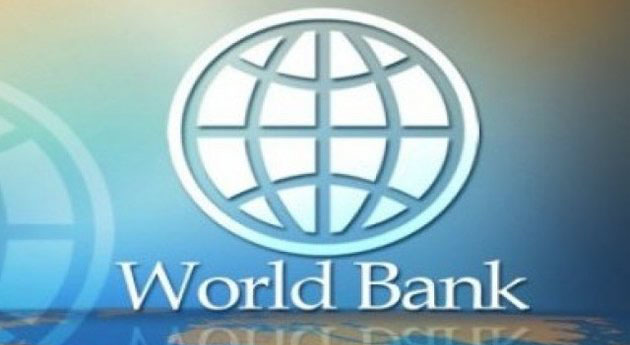
Sifelani Tsiko ---
Recent moves by the World Bank to eliminate the term ‘developing country’ from its data vocabulary is spurring debate over the usefulness of the term ‘development’ and what it represents while at the same time sparking fears among critics of the Bretton Woods institutions.
For a long time the terms ‘developing’ and ‘developed’ have been used to classify countries in terms of social, economic and technological advancement among other indicators.
The distinction has been permanently ingrained in the minds of many people across the world, with people in poor countries aiming to attain the so-called ‘First World’ status while those in industrialised nations sought to run away from the ‘Third World’ or ‘Developing’ country tag.
In a watershed development, the World Bank in the 2016 edition of its World Development Indicators, said it’s no longer distinguishing between “developed” countries and “developing” ones in the presentation of its data.
Commentators came out guns blazing.
They say the change marks an ‘evolution in thinking about the geographic distribution of poverty and prosperity,’ but however say, ‘it sounds less radical when you consider that nobody has ever agreed on a definition for these terms in the first place.’
“The main issue is that there is just so much heterogeneity between Malawi and Malaysia for both to be classified in the same group—Malaysia is more like the US than Malawi,” says Umar Serajuddin, a senior economist in the World Bank’s statistics office in an online publication. “When we lump disparate countries together in the same group, it isn’t really useful.”
Observers say the International Monetary Fund says its own distinction between advanced and emerging market economies “is not based on strict criteria, economic or otherwise.”
The United Nations, too, doesn’t have an official definition of a developing country, despite slapping the label on 159 nations, it is reported.
And the World Bank itself had previously simply lumped countries in the bottom two-thirds of gross national income (GNI) into the category, but even that comparatively strict cut-off wasn’t very useful.
“This is about updating people’s mental models as well,” says Tariq Khokhar, a data scientist at the World Bank in an online publication. “If the regular person’s mental model of the developing country is a big family [and] bad health out-comes, that might be a shorthand. [But] in a lot of countries, you have far improved infant mortality numbers. The old way of thinking of the developing world as this place where there’s been no progress is not that helpful.”
African scholars and analysts are skeptical and accuse the World Bank of eliminating the term ‘developing’ to absolve itself from some responsibilities.
“Why make this change now? This could be a tactical and strategic move to avoid responsibility,” says Andrew Mushita, a veteran development activist with the Community Technology Development Trust.
“They want to avoid responsibility especially when you look at the discourse that exists at the global level. If the World Bank becomes neutral about this, how do they ensure the rich industrialised countries take responsibility over the poor nations.
“They should play their role. It’s not fair to do so. It will lead to the avoidance of economic responsibility by the ‘developed’ countries.”
Mushita said industrialised countries had a responsibility to transfer financial and technological developments to poor countries where they exploited the bulk of the resources for their advancement.
“As Africans we should be skeptical about this,” says Mushita. “The World Bank is moving more towards supporting the private sector rather than the public sector and this scenario has severe implications on the livelihoods of the poor.
“It’s not easy to integrate the poor into the mainstream global economy, they will remain poor despite the change of the terms.”
Labour and Economic Development Research Institute of Zimbabwe (Ledriz) senior economist Prosper Chitambara told the Southern Times that the decades long classification of countries based on per capita income levels has serious flaws.
“The per capita income approach has serious shortcomings,” he says. “It doesn’t tell us about the quality of economic growth and the distribution of wealth. One country can have a high income per capita level not because income is fairly distributed but may be because a few people are contributing.
“For example, China and India, can have a high income per capital level, but the disparity between their few billionaires and the majority of the poor is quite huge. So you can have a ‘developed’ country within a ‘developing’ nation, with a few individuals benefiting from skewed development.”
Chitambara says the terms ‘developed’ and ‘developing’ tend to hide disparities in income distribution.
“Development and economic growth are two different things, For example, Nigeria is now seen as the biggest economy in Africa and yet poverty is still rife there. The use of economic indicators tends to hide the huge poverty and high unemployment rates that exist in Nigeria.
“For Nigeria, indicators are being driven by natural resources exploitation rather closing the gap in terms of the quality of life between the rich and poor.”
Another Harare-based economist says moves by the World Bank are just a ‘painkiller’ not a full treatment of poverty.
“Conflating the term ‘developing’ and ‘developed’ can have serious consequences for people in poor nations,” he says. “Blurring the two terms takes attention away from the specific demands of poor nations for equitable growth and sustainable development of poor nations.
“It can undermine the World Bank’s responsibility for poor countries and dissolve the yawning gap between the quality of life enjoyed in the north and that by the majority in the south. It’s a strategic way of saying we are equal but in reality, we are different.”
Classification is quite problematic.
“But even when they split their data across inflation-adjusted brackets of low-, middle- and high-income, it shows why “developing countries” is a problematic term. For example, China, Bolivia, and Eritrea, which fall in three different income groups, are all lumped together as “developing,” observed one analyst.
“Besides reflecting a desire for more analytically useful data, the move also reflects the changing stakes of the development as the world shifts from the Millennium Development Goals (MDGs), created by the UN in 1990 as a road map for fighting global poverty, to the new Sustainable Development Goals (SDGs), set last year by the global community.”
“MDGs were meant to be for the developing countries. … There were the helpers, and the ones that needed help,” Serajuddin says. “The SDG views every country as needing development, and it’s universal.”
Pan African scholars such as Walter Rodney, Julius Nyerere, Kwame Nkrumah and many others have grappled with the meaning of development.
The terms ‘developing’ and ‘developed’ have sharply divided scholars, with some opting for terms such as ‘Third World,’ ‘Global South,’ ‘Least industrialised,’ ‘Poor Nations’ among others to describe countries in Latin America, Africa and Asia.
In its published data, the World Bank says there will no longer be a distinction between ‘developing’ and ‘developed’ countries – instead, they will be grouped regionally, for instance ‘East Asia,’ or ‘Southern Africa.’
“Why wasn’t the term scrapped sooner? Or, rather, why was it introduced in the first place? one analyst says.
“Researchers have admitted that there was never a universal agreement of what the terms meant when they were brought in.”
The issue still cries out for extensive investigation in order to formulate what Rodney says in his book: “How Europe Underdeveloped Africa,” the ‘strategy and tactics of African emancipation and development.”
Rodney says development is a many-sided process.
“At the level of the individual, it implies increased skill and capacity, greater freedom, creativity, self –discipline, responsibility and material well-being,” he wrote. “Some of these are virtually moral categories and difficult to evaluate – depending as they do on the age in which one lives, one’s class origins and one’s personal code of what is right and what is wrong.”
But, which, ever way the World Bank may want to fine-tune the terms ‘developed’ and ‘developing’ into lulling people in poor countries into passivity, Rodney’s observation still remain valid today as they were decades ago when he penned his book: “How Europe Underdeveloped Africa.”
Rodney aptly sums it: “The fact of the matter is that the most profound reasons for the economic backwardness of a given African nation are not to be found inside that nation. All that we can find inside are the symptoms of underdevelopment and the secondary factors that make for poverty.
“Mistaken interpretations of the causes of underdevelopment usually stem either from prejudiced thinking or from the error of believing that one can learn the answers by looking inside the underdeveloped economy. The true explanation lies in seeking out the relationship between Africa and certain developed countries and in recognizing that it is a relationship of exploitation.”
But critics of radical pan – African scholars, say it’s time for Africa to take charge and move away from the blame game.
They say it’s of no use to play the blame game. Africa, they say, should take full responsibility in reshaping its civil service, government operations and recalibrating its fiscal policy through cutting government spending and taking a renewed focus in the government entities such as the revenue authority, the ports, the railway services and power utility firms.
“We need to change our thinking or else the World Bank will continue to define things for us,” says a Harare-based critic.
“We need to tackle corruption in government departments by cracking the whip on corrupt officials in key government institutions,” he says
“We need to streamline government business and bring a bit of order and sanity to improve the quality of life for our people. This is not the time for Marxist or socialist ethos, it’s time to take charge and redefine our future. If we don’t we will continue to take what we are given by the World Bank.”
No Comments



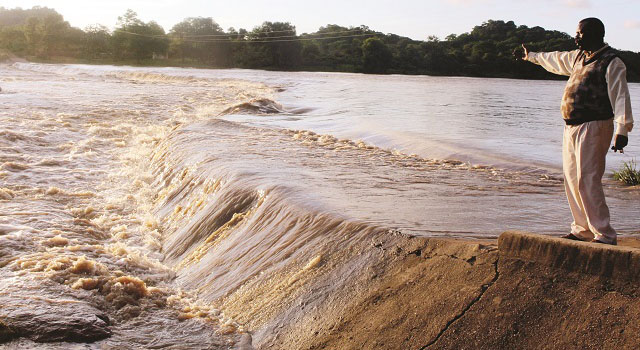
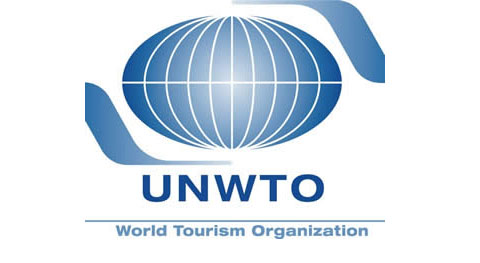

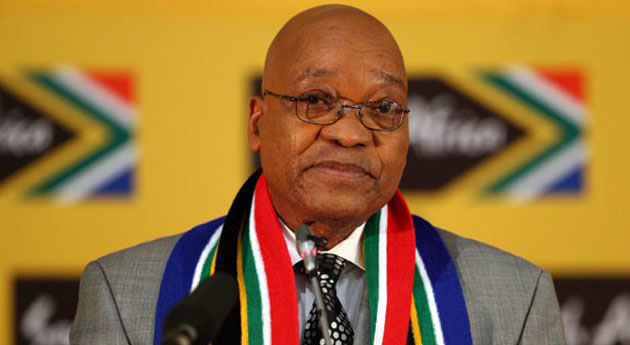
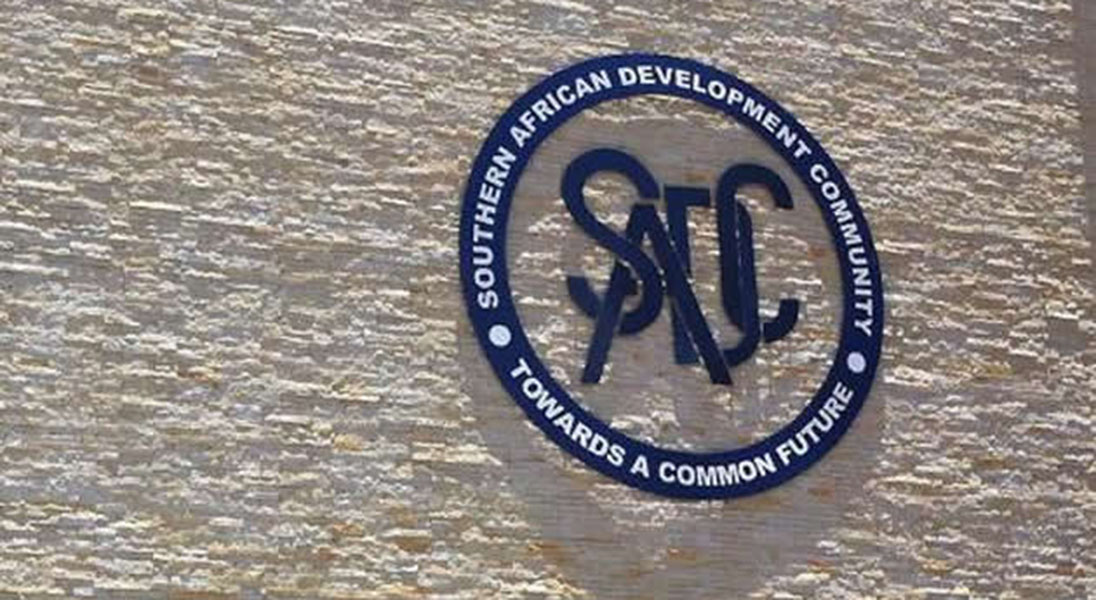
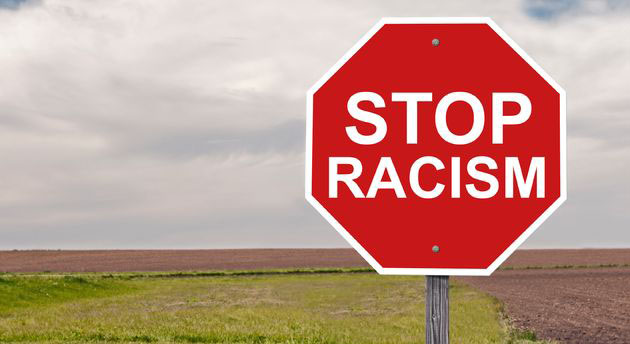
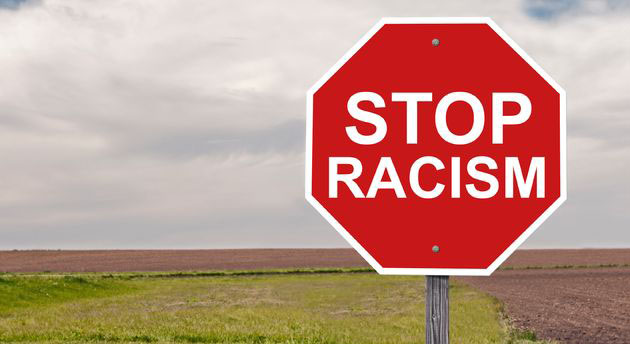

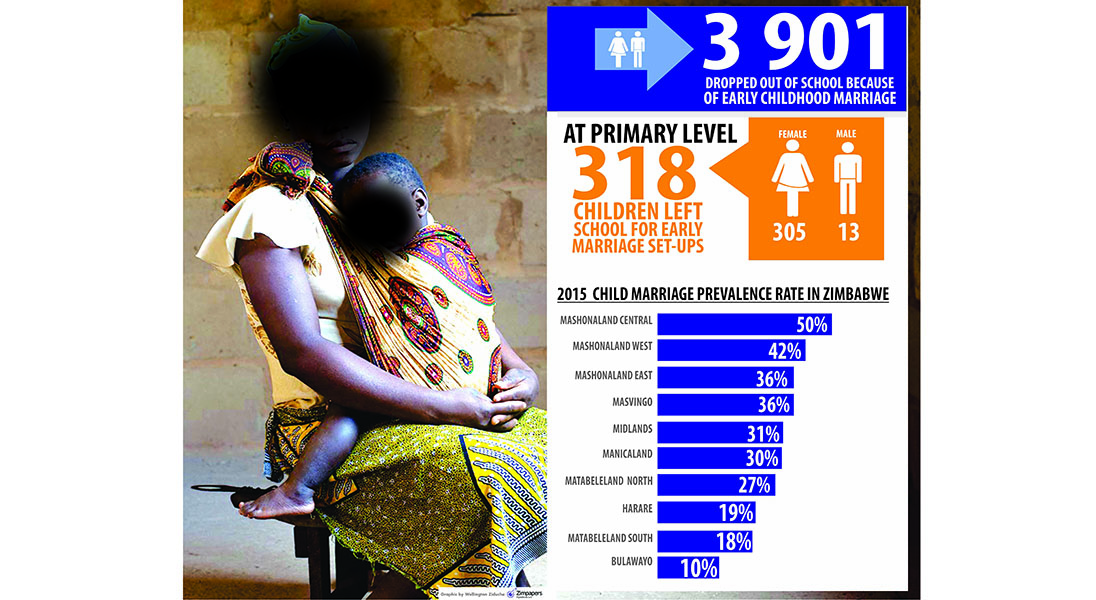
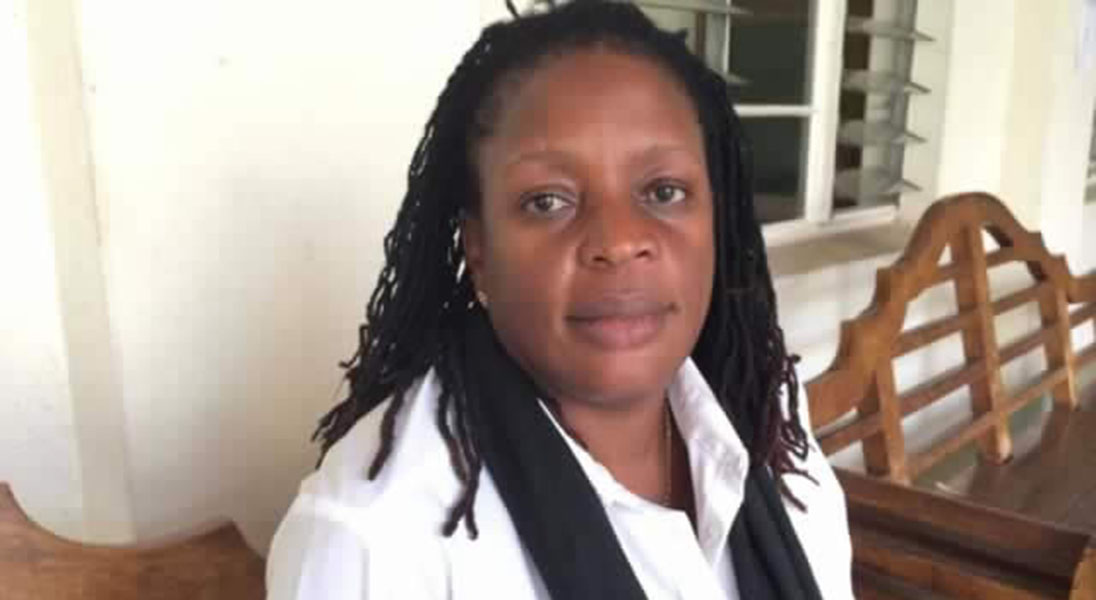

Comment